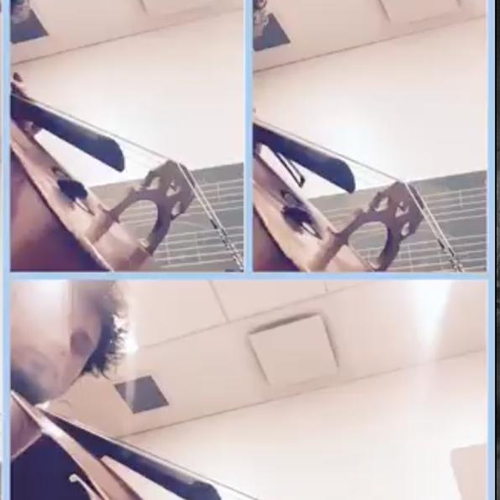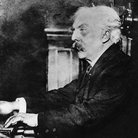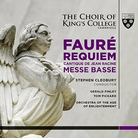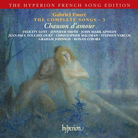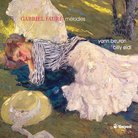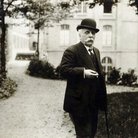Howard Goodall On Gabriel Fauré
There’s not a note of the music of Gabriel Fauré (1845-1924) that isn’t lovely. It’s true. With some composers you have to put up with some tedious rough for some glorious smooth but with Fauré it’s all delightful.
While he didn’t really do stormy drama or extravagant passion, his grace and tranquility more than make up for it, not to mention his unerring instinct for beautiful melodies. Yet, apart from his masterpieces, the Pavane and Requiem, most of his work is relatively unknown. So why should this be the case?
First, his musical maturity came during what you might call the “traffic jam of magnificence”, when, between about 1880 and 1930, a roll-call of world-class composers were churning out superb music: from England you had Elgar, Delius, Holst and Vaughan Williams; from France Massenet, Debussy, Satie and Ravel; from central Europe Mahler, Dvorˇák and Janácˇek; from Russia Glazunov, Stravinsky and Rachmaninov; from Scandinavia Grieg, Nielsen and Sibelius; and from Italy Puccini.
With all this competition, an elegant, slightly old-fashioned composer would struggle to be heard. What’s more, “greatness” in composers has sometimes been associated – wrongly in my opinion – with how successful they were at large-scale orchestral works and grand operas.
Fauré worked mainly in less weighty fields than these – fields which were less likely to win over the heavyweight critics; he did write one opera, Pénélope, but it wasn’t a great success.
Second, Fauré was a generous supporter of the work of other composers. He took his role of tutor, and later director, at the Paris Conservatoire seriously and nurtured a generation of younger composers.
Sadly for us, one of the lessons of history is that those who concentrated solely on their own musical careers chalked up more high-profile commissions over the span of their lives.
Bach was a keen teacher, too, whose own work was largely overlooked in his lifetime – if it hadn’t been for Mendelssohn’s tireless championing of him a hundred years after his death, Bach might have stayed among the less celebrated composers indefinitely.
I feel for Fauré in this respect. The nature of his commitments to the Conservatoire almost certainly prevented him from taking on a greater composing workload. It was fine for Wagner, persuading a mad King to empty his coffers to aid his ambitions but for Fauré, having a giant ego wasn’t part of his character.
For me, Fauré’s discretion and humility can clearly be heard in his music – it’s never pretentious, always charming.
To some extent the gentleness of Fauré’s style was always going to seem outdated once the 20th-century’s great wars erupted, bringing with them a barbarity at odds with a composer like Fauré. As younger generations sought to express their anxieties through their art, a new, harsher music was the result.
Now the dust has settled and we look back on the early 20th century with more perspective, it is easier for us to enjoy the music of past decades without being distracted by the winds of change that swept through European culture at that time.
And pure enjoyment is precisely what’s on offer in every harmony, every melodic arc and every cadence of Fauré’s effortlessly rewarding music.
GOODALL’S FAURE
Most imitated piece of Fauré: His Requiem and in particular the Pie Jesu. Requiems by Duruflé, Rutter, Jenkins and Lloyd Webber all owe a debt of gratitude to its existence.
Piece by Fauré I most wish I’d written: Pavane
Fauré’s most romantic song: Après Un Rêve from the Three Songs, Op.7.
Most intriguing trivia: He wrote his exquisite Dolly Suite, for piano duet, to celebrate the first to sixth birthdays of Hélène (nicknamed Dolly), daughter of his mistress, the singer Emma Bardac, who later married Debussy.
Piece most worth investigating: His Elégie for cello and small orchestra – like the Pavane it’s sad, but enchanting.
First job: An unlikely job for a notable composer, Fauré served in the French army’s defence of Paris during the siege of 1870 in the Franco-Prussian war.
Most impressive competition entry: Cantique de Jean Racine, written when he was 19.


